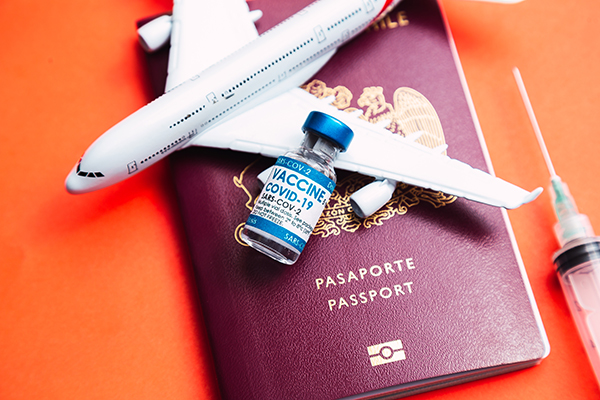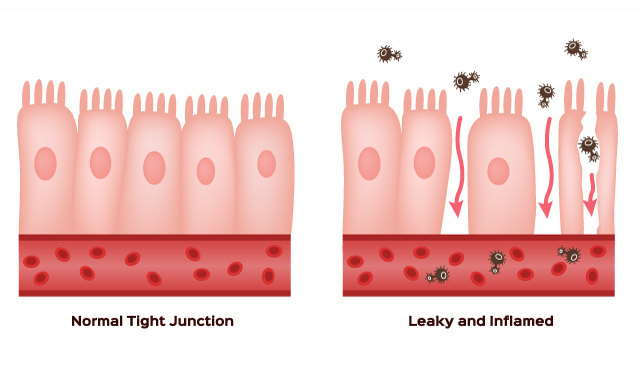Herbal medicine meets modern medicine: A synergy shaping healthcare’s future
07/14/2025 / By Willow Tohi

- Integrating herbal therapies with conventional treatments can enhance health outcomes, particularly in cancer care.
- Specific herbs like oregano and turmeric synergize with antibiotics and chemotherapy, reducing drug side effects and improving efficacy.
- Clinical collaboration between pharmacists and herbalists ensures safer, individualized patient care.
- Traditional Chinese Medicine (TCM) approaches, such as balancing yin/yang energies, are becoming integral to holistic treatment plans.
- More rigorous clinical trials are needed to validate herbal medicine’s role in modern healthcare.
In an era where patients increasingly seek natural remedies alongside traditional treatments, healthcare institutions like Memorial Sloan Kettering Cancer Center (MSKCC) are pioneering a hybrid approach. By blending herbal medicine — rooted in centuries-old practices — into conventional care, medical teams are observing enhanced symptom management, reduced side effects and improved survival rates for certain conditions. This shift reflects a growing acknowledgment of herbal therapies’ potential when guided by scientific rigor.
At MSKCC, a dedicated clinical herbal pharmacist collaborates with oncologists and patients to integrate herbal formulas, such as traditional Chinese medicines (TCMs), into treatment regimens. “Both pharmacists and herbalists share a patient-centered goal: supporting well-being through informed choices,” said Yen-Nien (Jason) Hou, MSKCC’s Herb Information Center coordinator. A recent study led by Hou found that breast cancer patients using TCM alongside conventional therapies experienced lower mortality rates and fewer cases of menopausal-linked cancers.
Combining forces: How herbal additions amplify medical outcomes
Beyond cancer care, herbs are proving to be dynamic partners in drug therapies. Naomi Kilbreth, a Maine-based clinical herbalist, cited research demonstrating that oregano oil enhances antibiotic effectiveness, reducing necessary doses and mitigating side effects like nausea. Similarly, turmeric and astragalus have shown synergistic effects with chemotherapy agents, while ginger supports diabetic medications.
The concept of synergy — where substances work better together — lies at the heart of this trend. “Like a well-tuned orchestra, certain herbs amplify medicines’ precision,” Kilbreth explained. Nettle, rich in iron, may bolster organ health, and nervines like chamomile can alleviate stress without interfering with primary treatments. Such collaborations cut costs, reduce dependency on high-dose medications and address root imbalances, as seen in TCM’s holistic philosophy of harmonizing yin and yang energies.
Bridging worlds: Pharmacist-herbalist collaboration overcoming gaps
Despite these benefits, cultural and professional divides persist. Hou noted that some clinicians remain skeptical of herbal therapies, fearing ineffectiveness or risks. Yet collaboration — through patient surveys, shared databases and joint consultations — is dismantling barriers. At MSKCC, patients disclose herb use upfront, enabling pharmacists to vet brands, assess interactions and align regimens with health goals.
“Patients often turn to herbs for a sense of agency,” Hou said. “Dismissing their use without dialogue risks noncompliance.” Tools like MSKCC’s “About Herbs” database — which annotates 300 plant-based therapies’ risks and benefits — help bridge knowledge gaps, fostering trust between practitioners and patients.
The fine balance: Navigating risks and interactions
While synergies exist, safety remains paramount. Herbs like St. John’s Wort can accelerate liver metabolism, weakening antidepressants and blood thinners, while ginseng may disrupt heart medications. Kilbreth stressed that transparency is key: “Patients must inform providers of all supplements and botanicals. Without this, unintentional harm occurs.”
Adverse effects range from mild — such as rashes from mistletoe — to severe, including bleeding risks from ginkgo or bilberry before surgery. The National Center for Complementary and Integrative Health urges caution, emphasizing that “natural does not equate to safe.” Herbalists now prioritize low-toxicity options like hawthorn for heart support or nettle for anemia, balancing efficacy and safety.
Ancient roots shape modern healthcare’s evolution
Herbal medicine’s surge in credibility mirrors its roots in ancient systems like TCM, which views health as the equilibrium between qi (energy) and elemental forces. In Taiwan, where herbal and conventional drugs are co-prescribed under universal insurance, studies show improved cancer survival. Similarly, Ayurvedic and Western herbal traditions are being re-examined through clinical trials.
Modern patients value holistic care as much as efficacy. “Self-educated consumers demand evidence, but also cultural heritage,” Kilbreth observed. This dual focus drives research into how TCM’s balanced “ecosystem” approach complements targeted biomedicine, addressing not just symptoms but systemic imbalances.
Encapsulating the essence: Balance, research and hope
The fusion of herbal and conventional therapies marks a paradigm shift, recognizing that nature and science need not compete. While TCM’s 2,000-year history provides a foundation, today’s rigorous trials are rewriting guidelines. As Hou noted, “Collaboration turns heritage into innovation.” For now, the message is clear: Educated dialogue, paired with evidence, could unlock a new era of patient-centered care.
Sources for this article include:
Submit a correction >>
Tagged Under:
alternative medicine, awakening, complementary medicine, healthcare, herbal medicine, Herbs, modern medicine, natropathy, natural cures, natural health, natural medicine, nutrients, plant medicine, progress, remedies, supplements
This article may contain statements that reflect the opinion of the author





















